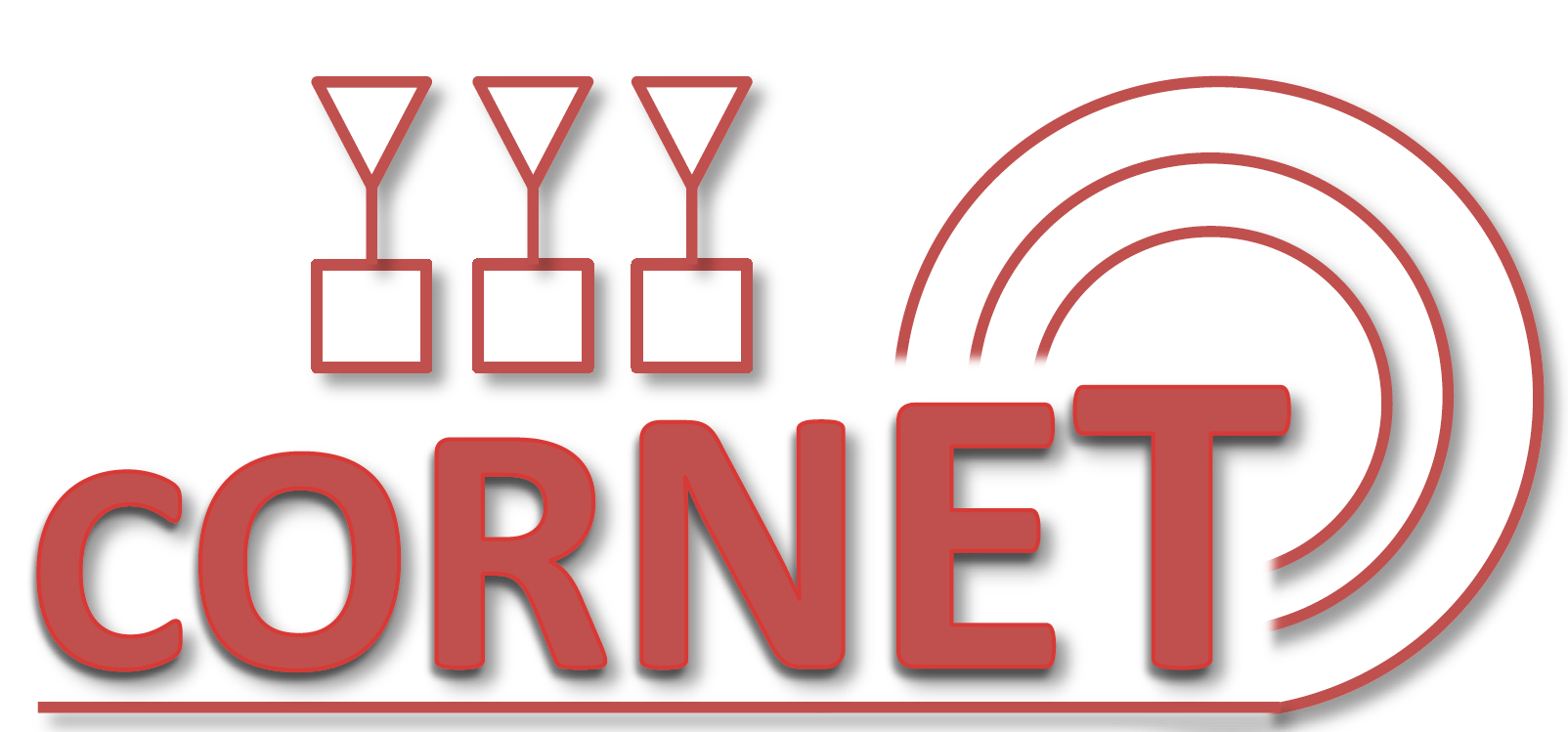| Version 8 (modified by trnewman, 15 years ago) |
|---|
Virginia Tech Cognitive Radio Open Source System
Overview
An effort is currently beginning at Wireless @ VT to develop an open source Cognitive Radio architecture. The objective of the design is to develop a modular system that provides portability and interoperability between components developed using different programming languages. Not only will this allow for flexible development for the cognitive radio system, but will allow developers to focus entirely on the component of choice and to not have to worry about developing or modifying components that have no relevance to their specific focus of research.
The current open source system consists of 6 categories of components with a couple being optional :
- Cognitive Radio Shell (CRS)
- Cognitive Engine (CE)
- Policy Engine (PE) **
- Service Management Layer (MSL) **
- Software-Defined Radio Host Platform
** Optional – A basic cognitive radio system is functional without this component.
Intercomponent Communication
The CROSS is a modular cognitive radio system framework that utilizes socket connections for the inter-component communication method. Utilizing a socket connection for component communication allows the system components to be developed in a language independent manner. Even though the Cognitive Radio Shell library and API will be implemented in C++, the external modules such as the Cognitive Engine, Service Management Layer, and Policy Engine can be implemented in any language that supports a TCP/IP socket interface.
A sample of languages with a full socket interface implementation:
- C
- C++
- C#
- Java
- Perl
- Python
- Ruby
- D
In addition to the feature of language independent development, the natural benefit of a TCP/IP socket interface is the ability to operate modules remotely. The Cognitive Radio Shell is located local to the radio hardware, however, the Cognitive Engine or Policy Engine can be located remotely on hardware more appropriate for complex optimization or for distributed policy decision making. Clearly, the remote operation depends upon the timing critical nature of the return of the optimization results. In no way does the TCP/IP socket communication limit the Cognitive Radio System to only remote modules, in fact local socket connections require little overhead and provide for a flexible method of connecting these major Cognitive Radio System components.
CONTENT
- Getting Started - Details on the Core Components of the CROSS framework.
- Download - Download the current stable source.
- Build Guide - How to build the CROSS framework and the reference implementations once you have the source.
